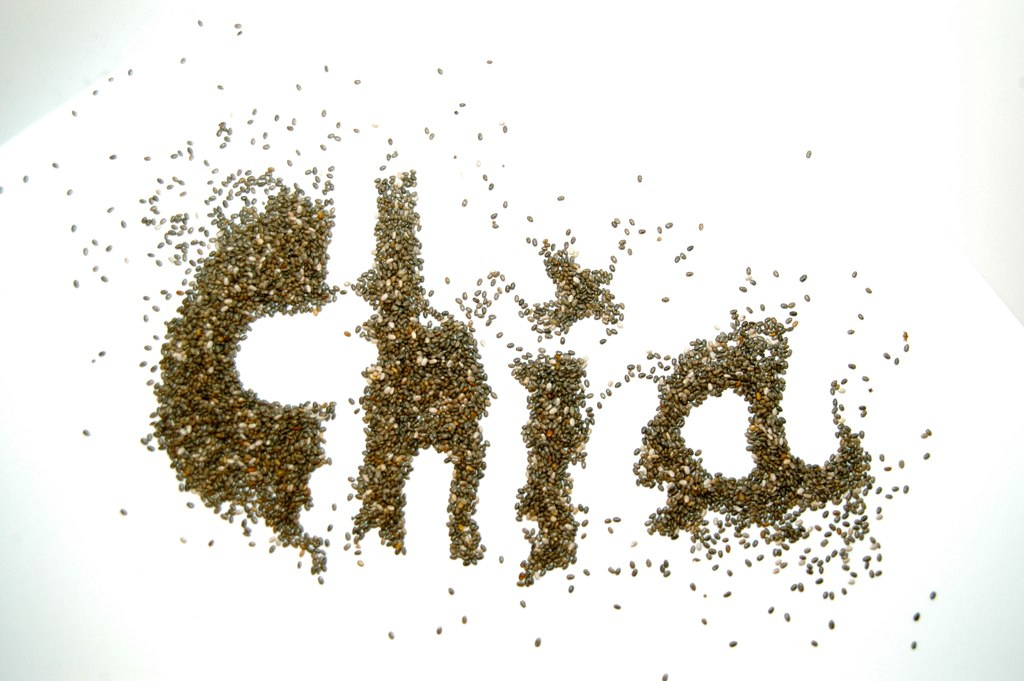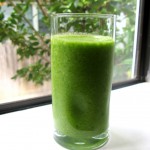

Flax Pros:
- Flaxseeds are known for containing high levels of omega-3?s.
- Omega-3?s can help reduce inflammation, prevent and control high blood pressure and lower cholesterol, The omega-3 fatty acids found in flaxseeds are in the form of alpha-linolenic acid, which can also be found in other plant foods like walnuts and leafy green vegetables. Fish contain eicosapentaenoic acid and docosahexaenoic acid, two other types of omega-3 fatty acids which are found only in animal sources.Taking 40 mg of flaxseed can help with symptoms of menopause.
- Flaxseeds are high in fiber, manganese, magnesium, folate and antioxidants.
- One tbsp. of flaxseed oil contains 7.3 g of omega-3 fatty acids in the form of alpha-linolenic acid, according to the Linus Pauling Institute. One tbsp. of ground flaxseed contains 1.6 g of ALA.
Chia Pros:
- Chia seed is higher in Omega-3s than flaxseed. Two tablespoons of chia seeds provides a 3 to 1 ratio of Omega -3 to Omega-6
- Chia seeds contain the omega-3 fatty acid alpha-lipoic acid that your body can convert to EPA and DHA.
- Chia seed oil is more than 60% omega-3 making it one of the highest commercially available source.
- Chia seed is higher in fiber than flaxseed. Three tablespoons of chia seeds contain fifteen grams of fiber while three tablespoons of flaxseeds contain nine grams of fiber.
- Chia seeds are often recommended for diabetics because the balance of soluble and insoluble fiber slows the absorption of glucose.
- Chia seeds have one of the highest levels of antioxidants in a whole food.
- Chia is a wonderful source for calcium. Three tablespoons contains 307 milligrams of calcium.
- Chia seed is easily digested and does not need to be ground. Chia seed will store up to two years in a dry place.
Chia seeds are the winner because they can be used whole and they have the best levels of Omega 3 and 6 Ratio, their gelatinous consistency helps to flush your intestines same as Aloe does.


